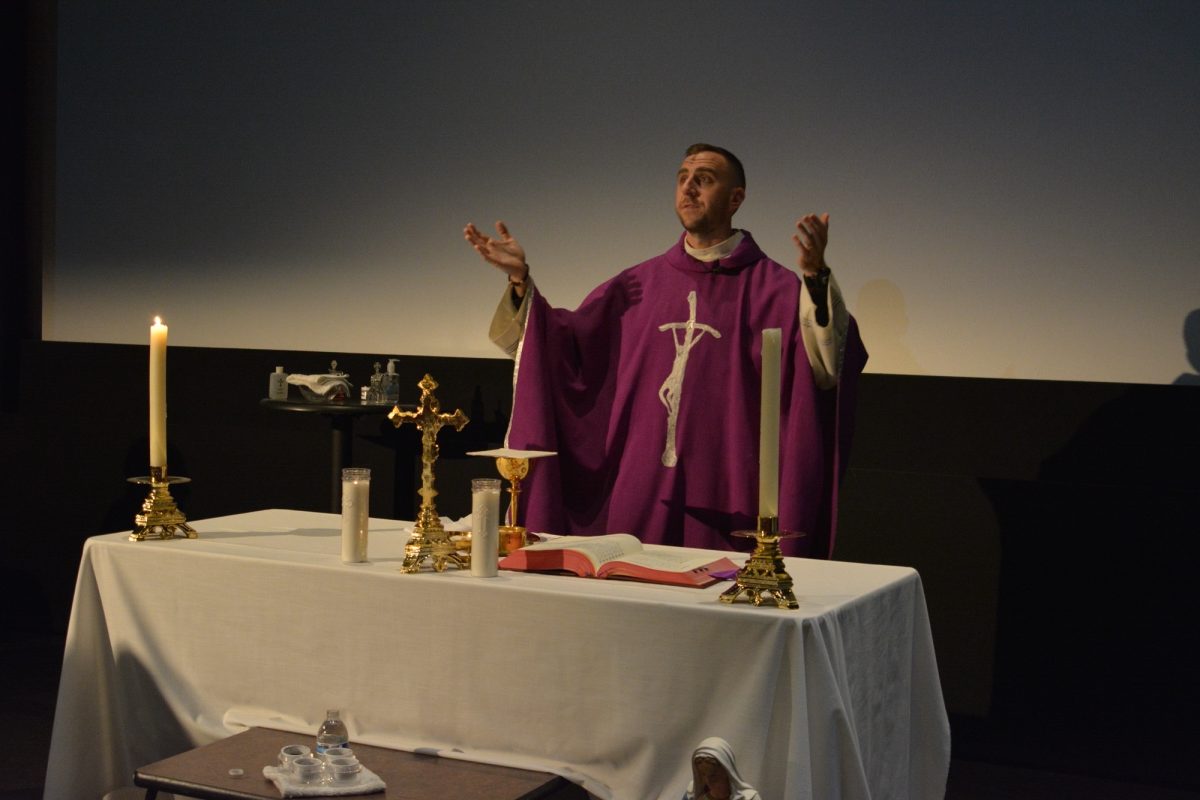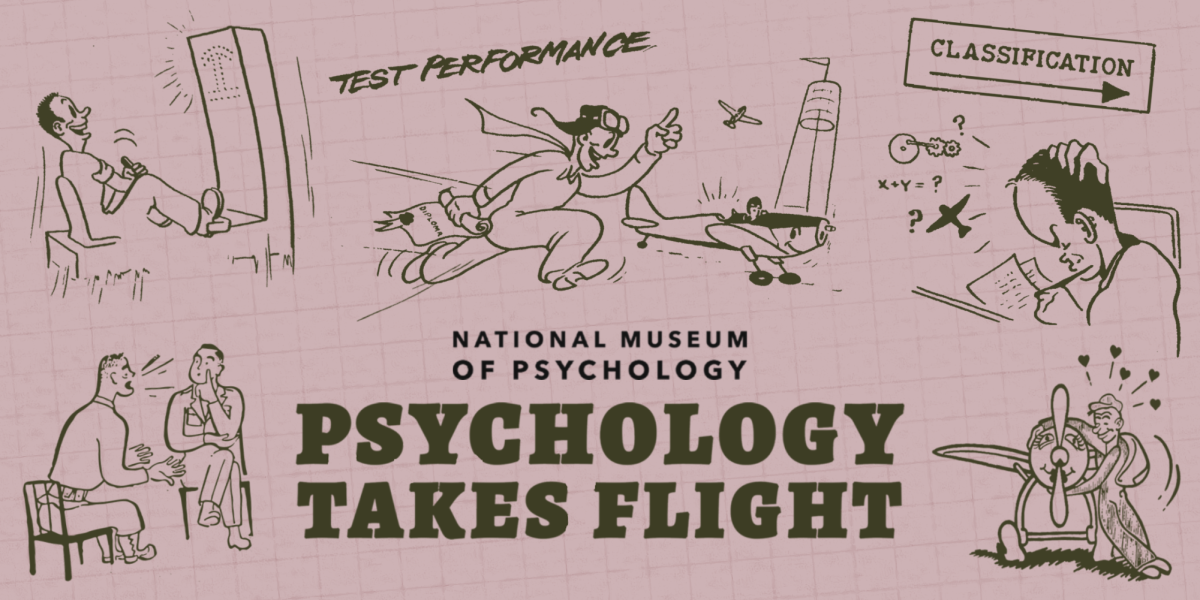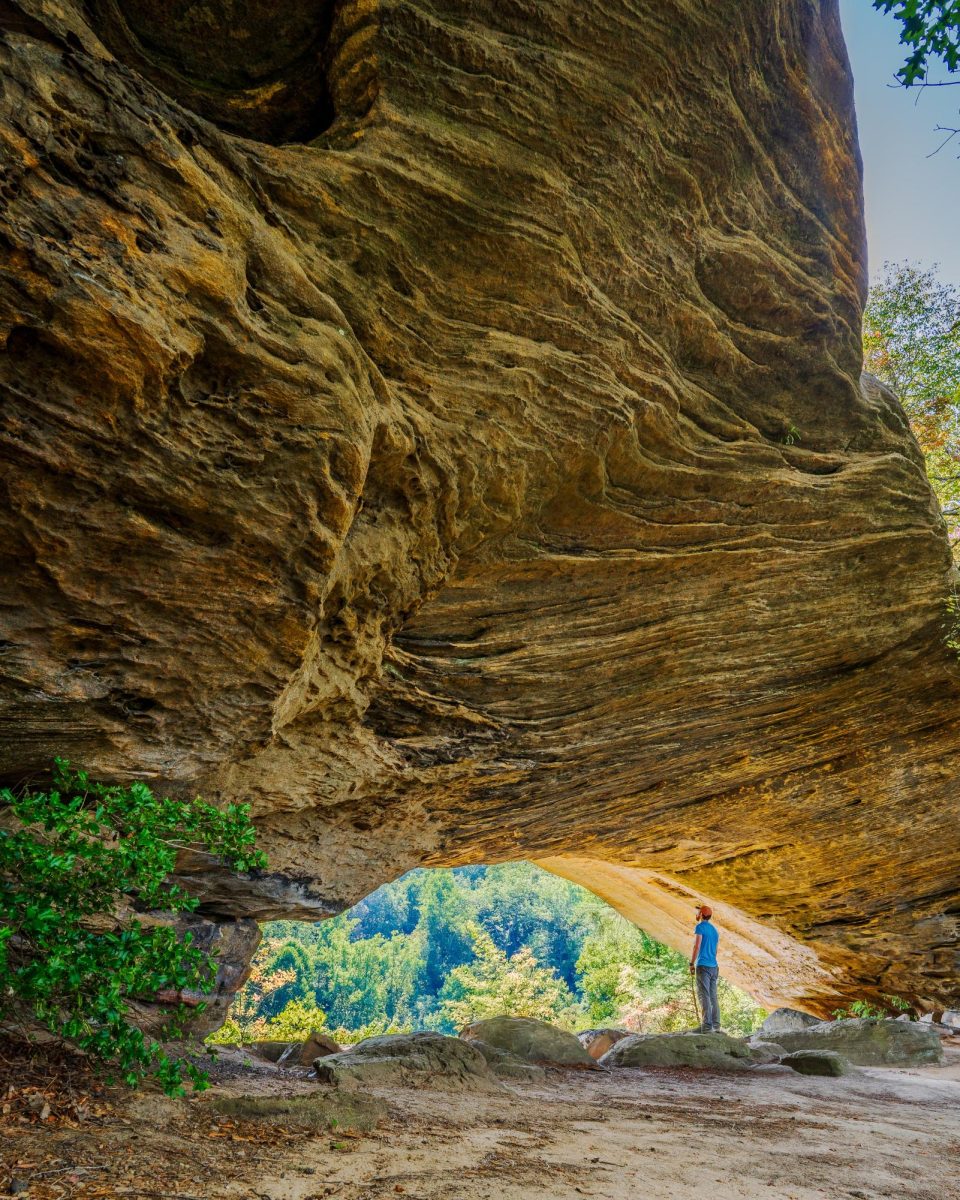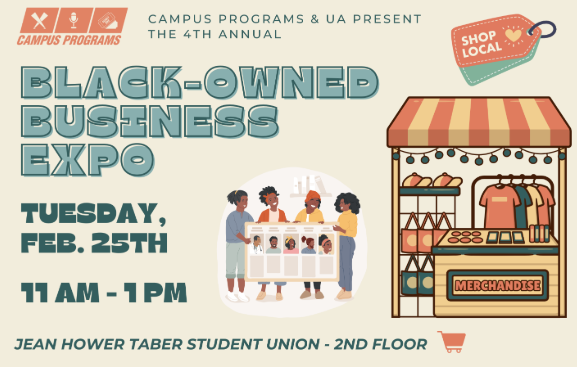Written by: Maggie Duff
This Thursday, Sept. 20, at 7:30 p.m., the Rubber City will get a taste of a greener type of industry.
Janine Benyus will be lecturing at E.J. Thomas Hall. Benyus is a biologist, innovation consultant and the author of six books; most importantly, she is an innovator in the field of biomimicry, or biology-inspired design.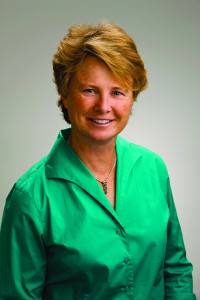
Biomimicry is exactly what it sounds like: the practice of studying the natural world and mimicking it in order to solve problems. Nature has been designing itself for billions of years, and tens of billions of species inadvertently find solutions to all of the problems that we struggle with every day.
Biomimicry follows what Benyus calls “life’s principles,” which include resource efficiency, using life-friendly chemistry, evolving to survive, adapting to changing conditions, integrating development with growth, and being locally attuned and responsible.
Some amazing examples of how biomimicry is already being used are inventing filters that mimic the human lungs in order to remove carbon dioxide from factory flue stacks, studying tree fibers in order to make lighter and more crash-safe vehicles, and constructing more efficient wind turbines by studying the flippers of humpback whales. On Thursday, Benyus will discuss how the practice has spread to a worldwide technological phenomenon.
Why is this pertinent to students here at the university? Well, The University of Akron has made advances with spider and gecko research in the past, and the SyNAPSE Program that integrates art and science has been a great contributor to the popularity of biomimicry at Akron.
But most importantly, The University of Akron has just announced the addition of a PhD program in biomimicry, which will be the first biomimicry PhD program in the world.
These achievements, in addition to the Great Lakes region’s strong relationships with Biomimicry 3.8 and various new startup companies, are putting Northeast Ohio on the map as the Silicon Valley of biomimicry.
Tickets are available for $8 with your Zip Card. This lecture is sponsored by the SyNAPSE Program, Culture Quest, the Jean Thomas Lambert Foundation, Great Lakes Biomimicry, and E.J. Thomas Hall.




